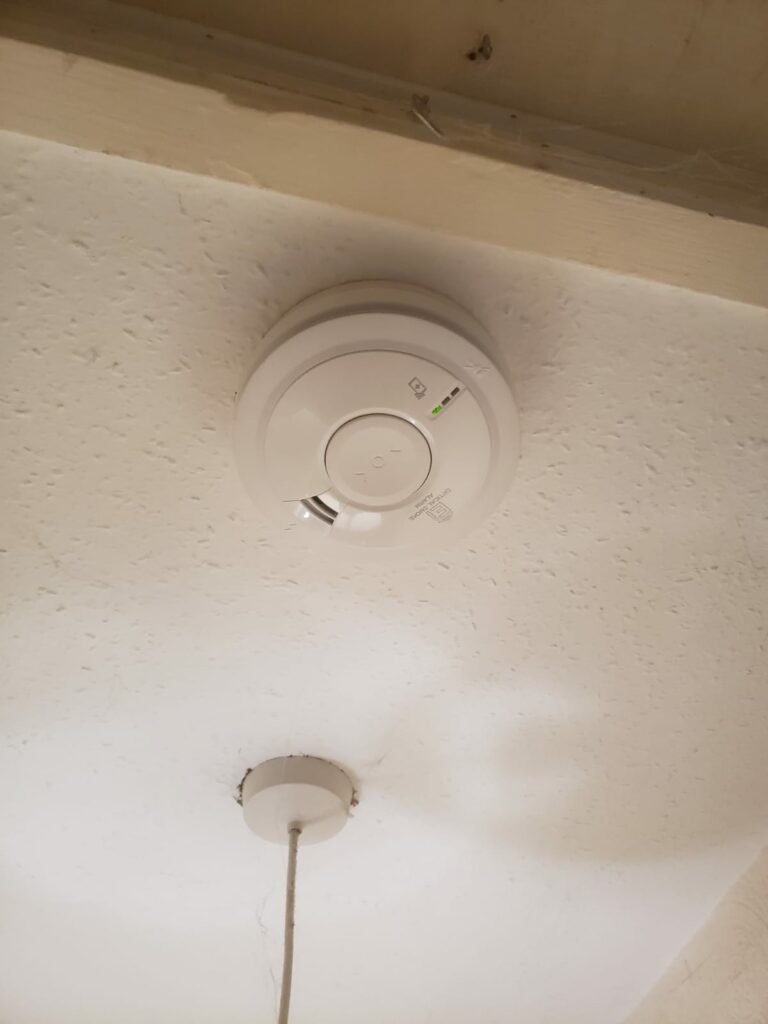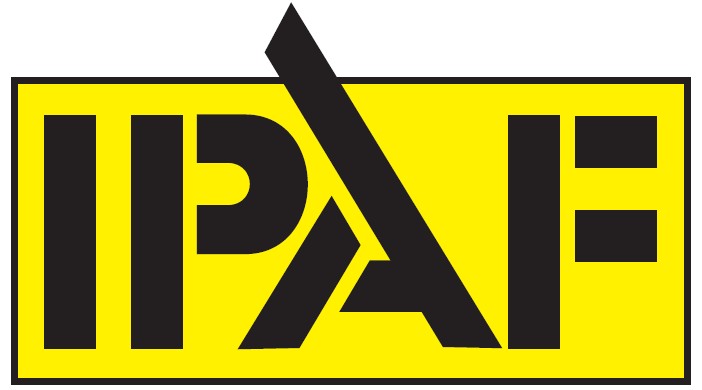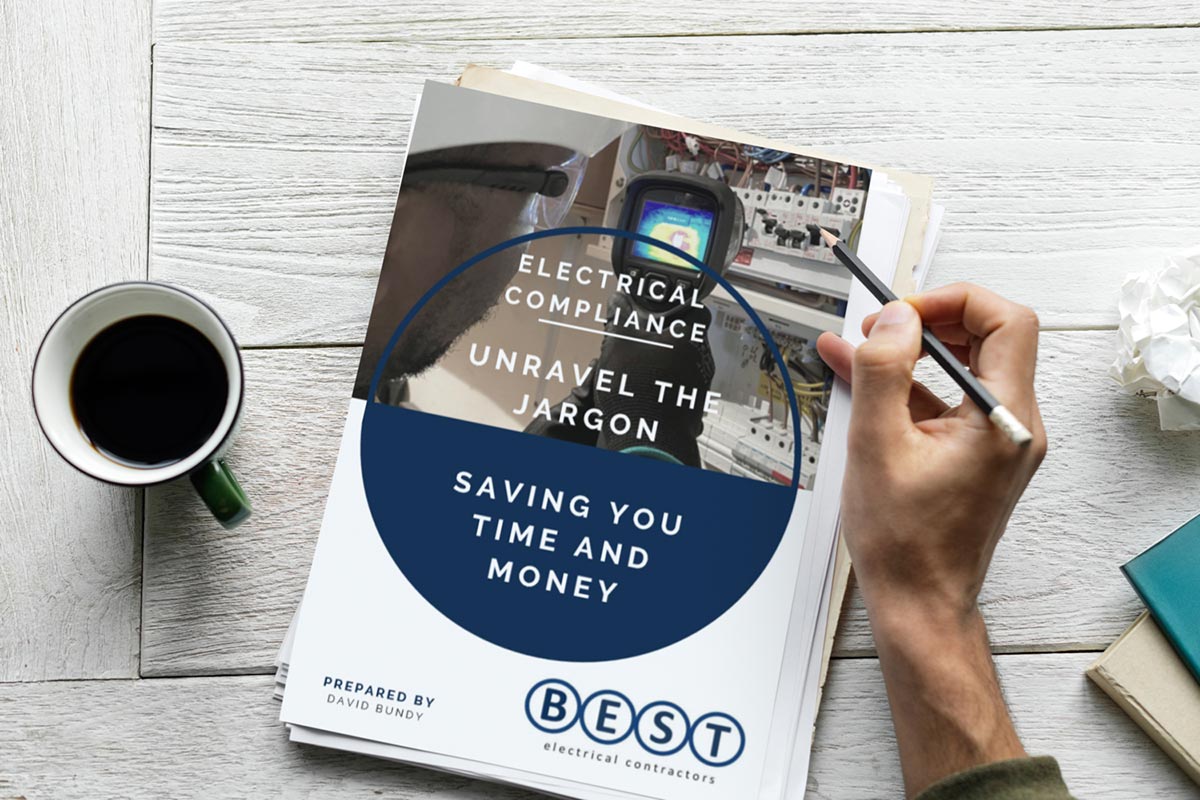Where do I need to fit domestic fire alarms?
With households using more and more Wi-Fi connected devices and mobile tablets, phones and such like, all of which either need to be constantly connected to the power supply, or require recharging, most of which are charged overnight, early detection of a fire is imperative.
According to the UK National statistics, there were 30,744 fires in domestic dwellings, 24% of which were caused by distribution or appliances in 2017-18. Thankfully, Grenfell aside, the number of fatalities from fires in dwellings is falling. This is due in part to the fact that that 90% of household now have a working smoke alarm fitted (2016-17 statistics). However, scarily, 23% of households have never tested their smoke alarms, even though it is usually as simple as pressing a button on the detector for a few seconds.
The number of fatalities from fires in the home is not uniform across age groups or gender. Men are more likely die in a fire related incident than women, with the greatest difference in the 55-64 age bracket. This significantly increases with age, where men over 80 had the highest death rate of any demographic (April 2017 – March 2018).
It is recommended that, as a minimum, domestic properties are fitted with a Grade D system to LD2. This requires mains operated (with battery backup) smoke detectors to be fitted on all escape routes (in a domestic dwelling this usually means the landing and hall way) and high-risk areas. As 48% of all fires in the 2017-18 statistics were from cooking appliances, a heat detector should be fitted in the kitchen area and usually a smoke detector in the main habitual living area.
If the dwelling has an attached garage, especially if it has a bedroom above, detectors should be fitted in the garage and preferably in the room above. All detectors should be interlinked, so if one detects the presence of a fire, all the sounders are activated.












